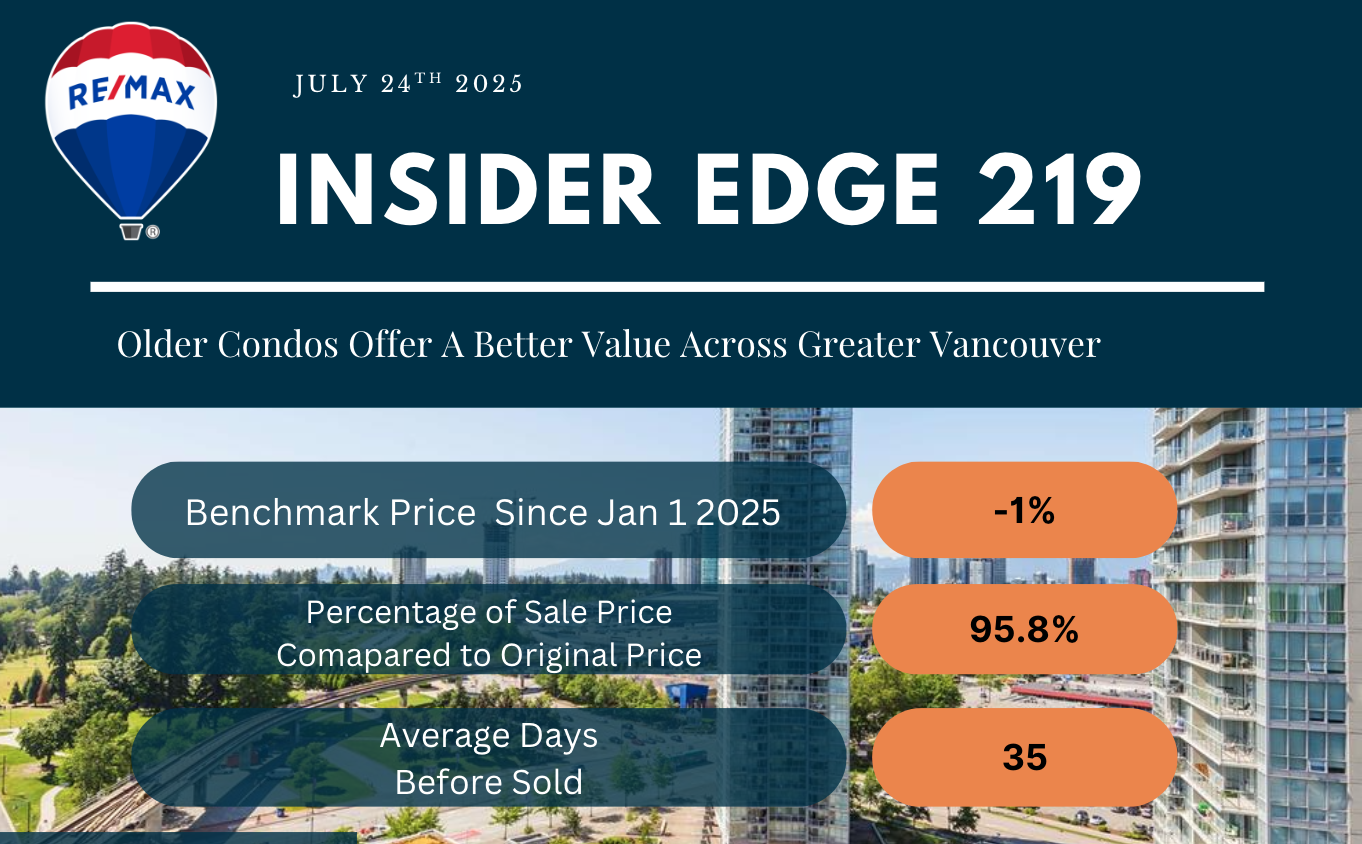Based on the construction trends I see around Surrey and Langley primarily, but other areas of Greater Vancouver as well. It was somewhere 2012 - 2015 where they really changed how condos are built. I think they changed the building codes, which increased construction costs resulting in reduced individual unit size. The average 1 bedroom condo size in BC in 2005 was 700sqft. In 2025 its 560sqft.
Everything got tighter, smaller with a similar aesthetic and perhaps more importantly all the A1 locations are already taken. So anything being built now is in a B location at best, unless you want to wait 15 years for all the infrastructure and amenities to be built around it which by then it will be an older condo anyways and thus proving my point further.
Buy older and Renovate
The more experience I gain in my real estate career the less intimated I am by older buildings. I think after years of viewings, strata documents, listings and offers I can stand outside of a building about 10 feet away and tell you if its a lemon or not.
There are tons of great quality older buildings anywhere from the 80s-early 2000's that offer phenomenal stratas, long term value increase and far superior floorplans and views than anything being built today.
I lived in a newer building for a few years before moving to White Rock and I absolutely loved it there. So this is not to say there is particularly anything wrong with a newer condo, it all depends on your particular desires, lifestyle and needs.
What I am saying is that if you are shying away from older condos because you have concerns of long term value increase, maintenance costs or strata issues - don’t. Find an agent that knows how to weed out the lower quality stratas (not just me, honestly there are lots of us) and go shopping for an older condo where you can buy 1200sqft do a full custom renovation to perfectly suite you and still come in far less expensive than buying something new at a smaller square footage.
I do have a few tips for buying an older condo that can quite easily help you weed out any lemons and they are as follows:
#1 Strata Documents
You get 2 years of strata documents for any prospective purchase - read them - all of them. Every page. You will know if its something to avoid.
#2 Sound deadening
Admittedly all of the new building codes that made newer construction more expensive to build - thus smaller floorplans to save money, did have a substantial effect on sound deadening between walls and floors. That being said, a lot of older buildings were built with great sound deadening and insulations between units with that very notion in mind. So walk down the hallways around 6-7pm and check for sound deadening. In the builds that have poor sound insulation you will be able to hear people during those hours that everyone is home.
#3 Location is and always will be the biggest driving factor of value
Most people are concerned about the value increase of an older property (or lack thereof) and I think that is an issue for more rural areas or places like Edmonton where the market doesn’t really appreciate.
In places like Vancouver or Toronto, because we see so much value in the increase of our land that anything built on it is worth renovating, updating, maintaining and holding value. I don’t see any meaningful increase in newer properties above that of the increase of older properties. A rising tide lifts all boats.





